
Writing books is not a sane way to make a living
independent.co.uk – Saturday October 17, 2015

Since the beginning of the year I have been writing a book about Star Trek. Next September, it will be 50 years since the first episode (“The Man Trap”) was shown on American television, and although an anniversary isn't necessarily the best reason for a new book, observers of the publishing process will know that it's often a very good excuse. A couple of weeks ago I finished the book and sent it off by email, three and a half months after the original deadline, two and a half months after the renegotiated deadline and six weeks after the absolutely final deadline that could not be breached on pain of death. Douglas Adams's famous comment on the subject (“I love deadlines – I like the whooshing sound they make as they fly by”) speaks to every writer in the world, alive or dead.

Reclusive novelist Dominic Cooper: what do writers do when the words no longer come?
newstatesman.com – Friday October 16, 2015

In 2013, a local paper reported on a strange script chiselled into a stone that had baffled not only historians but US code-breakers for decades. The mystery was solved when Cooper stepped forward and said that he was the secret poet.
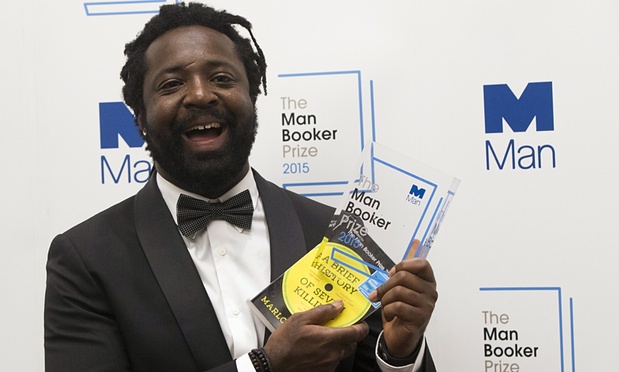
Great books that publishers rejected – quiz
theguardian.com – Thursday October 15, 2015

Man Booker winner Marlon James says he was turned down 78 times before getting published, and his long search for recognition is not unique. Find out how much you know about the history of literary rebuffs with our quiz on the great rejected books.
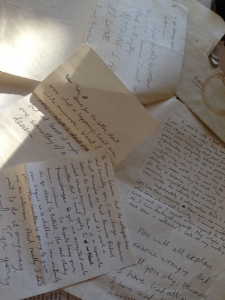
The Therapeutic Value in the Process of Writing a Memoir
huffingtonpost.com – Wednesday October 14, 2015

Ever since my beloved brother's death by suicide I had held onto his diaries avidly protecting them, always maintaining some vague undefined hope that I would one day do 'something' with them. I didn't know it would take over twenty years and I didn't know that what began as an ode to my brother would morph into an unparalleled journey of healing for me.

Travis Heermann writing in a foreign universe
stuff.co.nz – Tuesday October 13, 2015

As the start of a promising writing career it left a lot to be desired. Travis Heermann, 45, from Nebraska in the US, got the first novel he wrote accepted by a literary agent in New York, who sold it to a publisher. Unfortunately the agent and the publisher were both crooks and he "never got a dime."
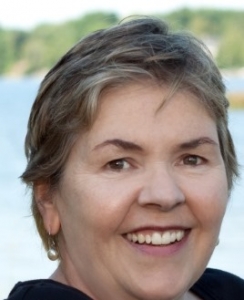
A manifesto for all writers
thebookseller.com – Monday October 12, 2015

"There are too many adjectives in publishing already," writes Carla Douglas, an editor based in Kingston, Ontario. "We need to bridge the self-pub/trad-pub divide" she tells us in her manifesto, "do away with these distinctions and let writers be writers." And as she develops her point here, note that Douglas is talking not only to the industry that surrounds such talent but also to the writers, themselves: "Focus on the writing, publish however you like, but publish well."

Steven Pinker: 'Many of the alleged rules of writing are actually superstitions'
theguardian.com – Tuesday October 6, 2015

People often ask me why I followed my 2011 book on the history of violence, The Better Angels of Our Nature, with a writing style manual. I like to say that after having written 800 pages on torture, rape, world war, and genocide, it was time to take on some really controversial topics like fused participles, dangling modifiers, and the serial comma.
Inside Traditional Publishing: "Divorcing" Your Agent – When It's Time to Say Goodbye
huffingtonpost.com – Tuesday October 6, 2015
For many authors, the thought of voluntarily ending their relationship with their literary agent can be heartbreaking – especially if their agent search was long and difficult, or if they genuinely like their agent. But like a marriage, sometimes what initially looked like an ideal pairing turns out otherwise.
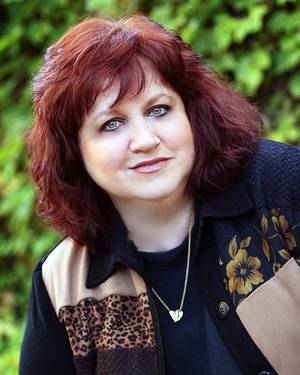
Is self-publishing the new black?
newsok.com – Sunday October 4, 2015

As an author, Jordan Dane, a former energy sales manager in Oklahoma, has had experience with publishing houses as well as self-publishing. She compares the benefits of self-publishing to what a traditional publisher might offer.
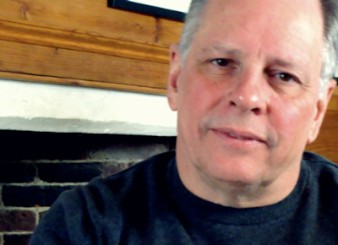
How a Digital Publisher Fell Back in Love With Print Books
publishersweekly.com – Sunday October 4, 2015

I've fallen in love with printed books. Again. Especially those for children.
Twenty years into my book publishing career—which included marketing for trade book publishers and founding a children's imprint—I had the opportunity to go digital, move into the future, hang out with the cool guys, play games, do the bicoastal thing, and grow a ponytail.
Get the free newsletter | Submit a news item or article | Get Writers' News for your website





